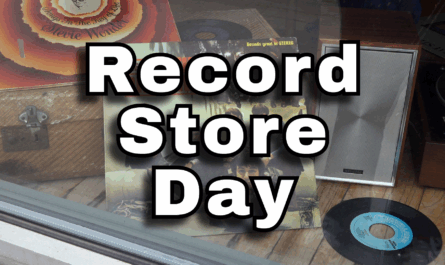Minnesota officials will start expunging low-level marijuana convictions starting this May for over 60 thousand minnesotans. Pooja Singh talk to those on what a clean slate could look like for them.
Charlie Nesbit was convicted during a traffic stop his freshman year for possession of marijuana.
“Knowing that it’ll be off my record takes away that mental block for me and gives a perception that I would like people to see me and I don’t want something in my record to give a preconceived notion of who I am if that’s not the case”
Now a senior at the university, he hopes statewide and local efforts to assist those with convictions will become more known.
“Being such a prominent topic in our legislature over the past couple of years, I feel like if the university took an extra step or extended a branch that’s more visible to students that it would help their case,” Nesbit said.
Minnesota became one of 23 states in the country to legalize use of recreational cannabis products as of Aug. 1, allowing the possession, use and sale of marijuana by anyone 21 years or older.
Nearly 8 months later the new cannabis board will now start reviewing felonies for resentencing or expungement. Sealing these records is intended to remove barriers for people with cannabis-related offenses who are subject to a background check for a job or housing.
Dr. Rhonda Jones-Webb, Associate Director of Equity and Engagement at the Cannabis Research Center, set up by the university last year, has been monitoring cannabis legalization for the past year.
Dr. Jones-Webb stated, “It’s challenging to change some of the norms around what it means to have a low-level offense.”
Resources like the University’s Boynton Health clinic offers confidential and private counseling services with licensed drug and alcohol counselors and student groups like Recovery on Campus, or ROC, which offers more community support to students.
Cleveland Young, manager of the Rec Center in Dinkytown, said his employees are required to be up-to-date on current laws and regulations concerning cannabis.
“The more we can educate others on the legality of it all the easier it will be to evolve on the matter,” Young said.
Overall he says It’s not just about aligning with state laws, but about participating in a larger shift in how drug-related offenses are viewed and handled.




